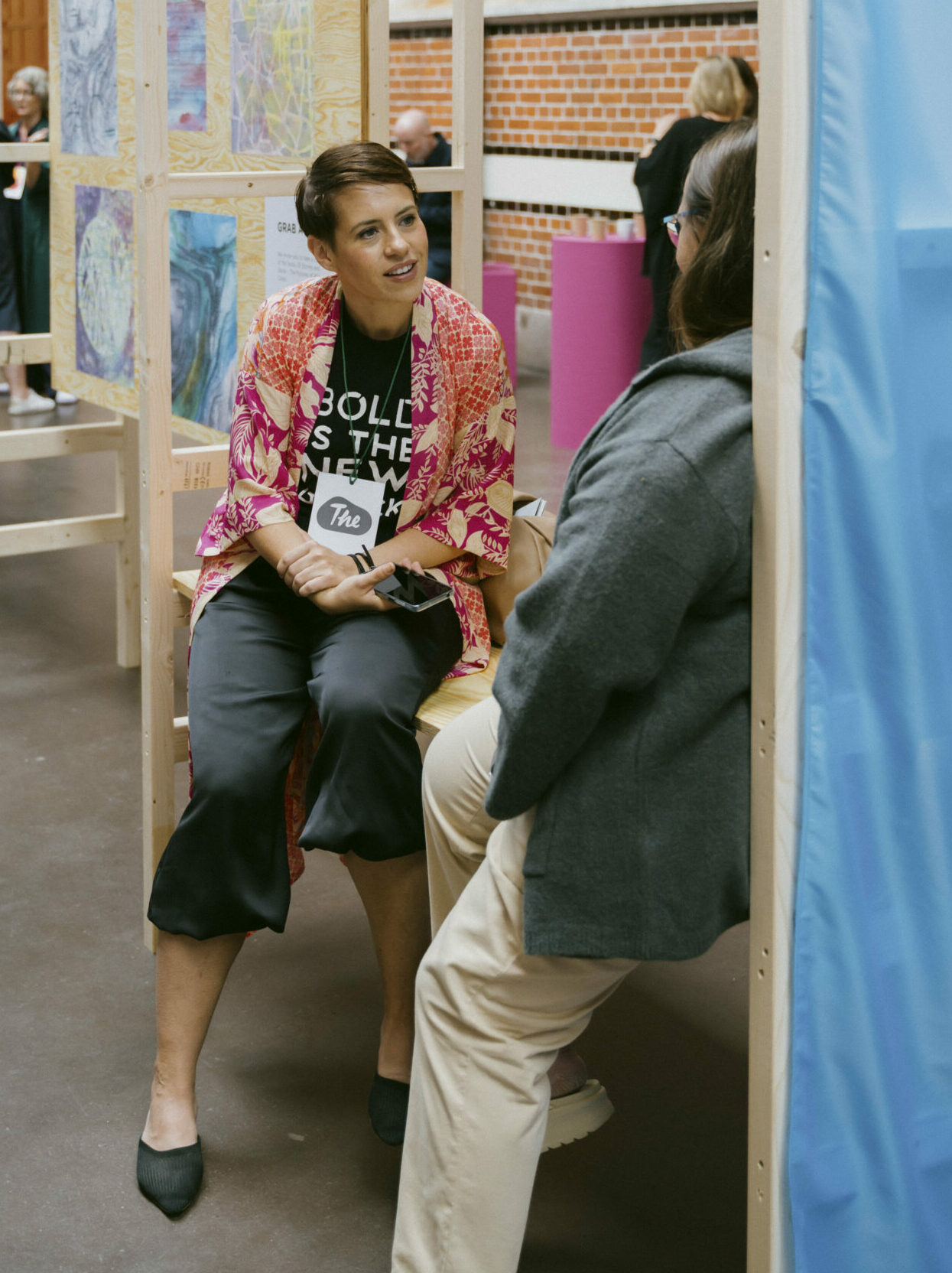Emotional Intelligence (the term) has been on the radar of the business world since the 1990s and it is claimed that it might be more important than IQ and skills combined and a better predictor for success than any other parameter ever tested. So ever since more and more research has confirmed these finding & we all know EI is important, aaand EI is not just one thing but contains different elements let’s have a closer look at those.
Emotional intelligence (EI) is the ability to recognize, understand, and manage our own emotions, as well as the emotions of others. It involves being able to identify and express our own feelings in a healthy way, whilst also being able to empathize with and understand the emotions of those around us.
There are several components to emotional intelligence, including:
- Self-awareness: The ability to recognize and understand our own emotions.
- Self-regulation: The ability to manage our emotions and control our impulses that come in form of thoughts, judgements and reactive behavior.
- Motivation: The ability to use our emotions so they drive us towards our goals, instead of being hurdles we need to overcome.
- Empathy: The ability to understand and relate to the emotions of others.
- Social skills: The ability to communicate effectively, build relationships, and work collaboratively with others & help them use their EI in a productive manner.
Developing emotional intelligence can help us to navigate our personal and professional relationships more effectively, communicate more clearly, and help us make better, more informed decisions.
Where as 4 of the 5 above are very self-explanatory I find that the first (self-) awareness is often underrated if not even misunderstood.
What does it actually mean to be self-aware?
Self-awareness: The ability to recognize and understand our own emotions, is not just a simplistic “Argh I’m angry.” or “Oh, now I’m surprised”
Imagine this picture:
Awareness is your ability to conjure a bubble, a safe container that allows you to recognize that the situation you find yourself in is evoking emotions inside you, without loosing connection to what is actually going on in your surroundings in that situation.
So you don’t get consumed by the emotions, neither distracted by your inner world.
To make it more visual:
it’s like a screen only you can see that notifies you that this situation has more than just the visible, or auditive layer that everyone else can perceive. It notifies you that you have an experience within the experience so to say.
But it is more than just a simple notification setting of your mind and body, it is also a safe container that sets boundaries to your feelings – especially the ones of pain, or concerning our fear of inadequacy.
And just to remind you what the function of boundaries is:
many think it is a line in the imaginary sand to keep certain things and certain people out. And yes, that is a side-effect – sometimes – but more than that:
Boundaries are the gate that make sure that the right things and the right people, and especially you yourself will always find space – centre-stage – in your life.
But back to awareness:
It is the safe container is what we need to gain a larger perspective to the whole situation AND a safety mechanism so that we do not get too absorbed in the complexity of the situation that includes thoughts, emotions, other people and the information we’re dealing with. Self-regulation, point 2 of EI , happens within the container of awareness.
Awareness becomes the guardian of our growth and our process of overcoming unreflected reactiveness.
Because there are two main challenges we face when we find ourselves in an emotionally triggering situation.
- we have a strong, maybe inadequately strong reaction. Thats when we seem to get possesed, obsessed with shame, worry or just general negativity. we appear aggressive or block any further progress – we become completely defensive and rejective.
- 2nd reaction is when we tune out. we’ve all had these moments when ‘space out’ and then, when called out a bit embarrassed have to admit that our mind went somewhere else and we did not hear what was said. yes, sure, sometimes we get distracted because we actually do have a lot on our mind. But: to be aware means to be present and ready to absorb be response-able and so awareness offers us the safe space to ask: Why was I completely disengaged? Did I get triggered in such a way that my emotions made me shut down response-ableness completely?
If we have a strong reaction:
If the situation is the first, we react without much time for thought and it is usually one particular detail of the entire situation or information. The aid we need to give ourselves is: we need to zoom out and try to see ‘the big picture’ and what helps me in particular is to remind myself that I’ doing this in order to be able to cultivate a ‘big mind’ – bigger than my own circumstances. And then, once we know how we like/dislike, or feel about the entire project, endeavour or situation, then we need to see what to actually do with the one detail that made us reject the whole thing. It is only ‘intelligence’ if we can read and use the information, the data it contains.
If we ‘space out’:
If the situation is the second and we shut down it is more likely that it’s the overall big picture that is a source for not just discomfort, but a fear or shame response. In that case we need to zoom in and feel more detailed to investigate why we rather want to remove ourselves out of this situation, decision-making process, or project and simply not hear about it at all, rather than be part of the creation or solution process.
So here you go:
Awareness starts with the self and once you can reliably show up for yourself it is a wonderful tool to extend to others to foster motivation, empathy and other social skills like better communication.
That is important, because:
real change, or even total transformation only becomes possible when we can touch our pain or fear whilst in our container of safety – meaning mind AND body trust us to have our own back.
Then, and only then, EI becomes shareable, consultable wisdom.
And what is wisdom?
And – another little sidestep – wisdom is the ability to touch a memory and use the information/conclusion/knowledge it carries, but that has no more emotional charge over you.
It had to have enough emotional charge in order to become memory (or else we would have forgotten), but we’ve moved on, developed as a person further than the person who made the memory and can now use the EI without avoiding it or getting consumed by it. So wisdom is all the knowledge, paired with lived experience that does not require us to have awareness anymore – pulling up that bubble or second, invisible – , because it is not triggering an unreflected response anymore.
And don’t we all want to be wise people? it all starts with Awareness and refining your EI. I hope this episode was informative to you – if it was, do me a favour: share it. After all this podcast is in it’s essence all about belonging and if it helped you, use it as a bridge to create a deeper connection with someone else.
If you’re interested in refining your EI – using it to see more potential, create more/ different opportunities in your life and find that right next step to take: I offer personal coaching as well as workshops for your team.
If you have anything to add, reach out – I’m very easy to talk to.
Hope to hear you soon again,
Au revoir, Nic


